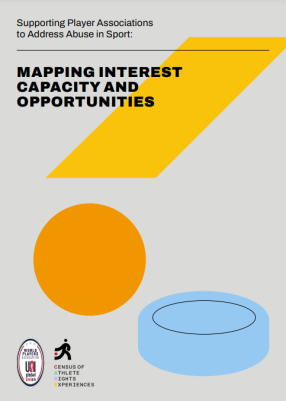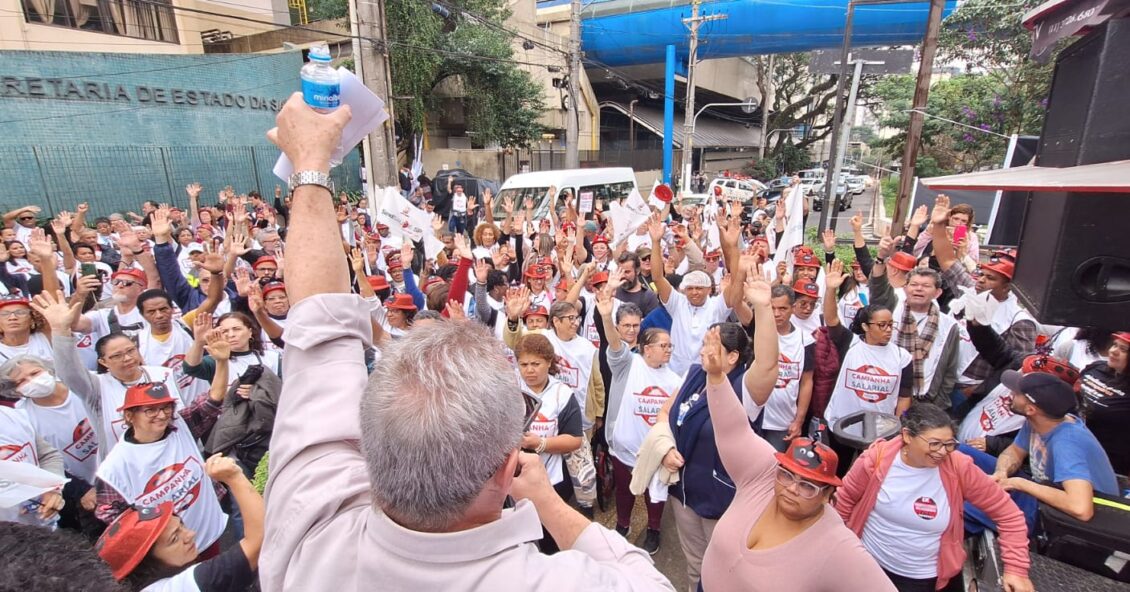Player associations CARE – new report identifies key recommendations to support survivors of abuse
22.11.23
Since 2019, the World Players Association (WPA) which bring together player associations throughout the world has undertaken significant work to address the crisis of abuse in global sport. Cases of child sexual abuse (CSA) have tragically not been limited to any one sporting code or country and sadly for too long sport governing bodies and other institutions have failed to effectively address the crisis.
Player associations, as independent trusted representatives of athletes, have both a unique role – and profound responsibility –when it comes to addressing abuse in sport, and being ‘ready to respond’ when athletes who may have experienced CSA seek support and assistance.
To ensure player associations are best equipped to do so the WPA undertook the first every global study to look at elite athletes’ experiences to understand whether and how their rights were protected as children in sport.
Project CARE revealed various rights violations, with the study indicating that 13% of student athletes are victims of sexual assault. Additionally, 51% report a lack of awareness of union or player association, and 61% were not always aware of their rights during childhood sports.
Project CARE emphasised that player associations need expert training to support players about their childhood experiences and are interested in developing national and global grievance mechanisms and safe sport institutions with a survivor-centred and trauma informed response.
As follow up to Project CARE, in early 2022, the WPA in partnership with Loughborough University completed a comprehensive needs assessment analysis within the World Players Affiliate base. The findings of the report Supporting Player Associations to Address Abuse in Sport: Mapping Interest Capacity and Opportunities can be found here (CARE Mapping Report).
The CARE Mapping Report identifies emerging ideas and key recommendations to support World Players advancing its work in establishing effective support, representation, and remedy systems for both adult and child survivors of sexual violence.
The CARE Mapping Report found that:
· 78% of Player Development Managers, who are responsible for the growth and development of athletes in sport, felt that sexual abuse was present within their sport’s context.
· 66% of Player Development Managers felt that their organisation was either unprepared or only somewhat prepared to address sexual abuse.
· 100% of Player Development Managers had an interest in further capacity building projects to address sexual abuse in sport.
The report goes onto to provide some details around that Player Associations and their staff would find useful in the process of further building their capacity to support their members during disclosure.
· Provide education on trauma-informed, athlete-centred, approaches to case management.
· Provide guidance on the key elements of an effective reporting system.
· Develop a catalogue of key contacts to provide expertise and support.
· Develop resources tailored to different stakeholders on the antecedents, experiences, and consequences of sexual abuse.
· Develop the required skills amongst those working in case management roles within Player Associations e.g., PDM’s, with representation and sensitivity to different cultural contexts.
· Conduct research to identify key issues when managing cases and create good practice case studies.
Along with the key recommendations from the Report, World Players is now working on additional projects to ensure player associations can continue to build their capacity to support athletes who may have been victims of abuse. This includes developing training resources, and engaging leading experts to support development of resources that reflect the needs of affiliates. The experts include The Army of Survivors, The Centre of Healing and Justice Through Sport and AthLeadUK that will support and empower player associations and their staff to effectively establish guidelines, grievance mechanisms and trauma informed, survivor- centred practices across their organisations.


